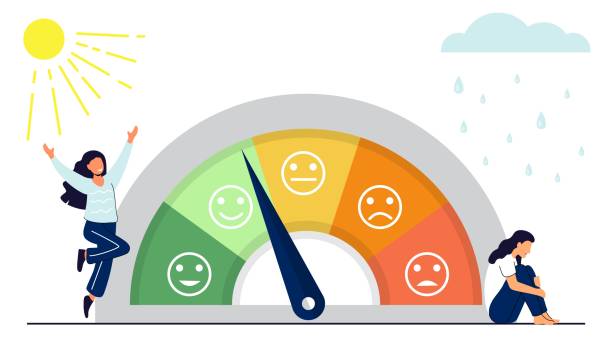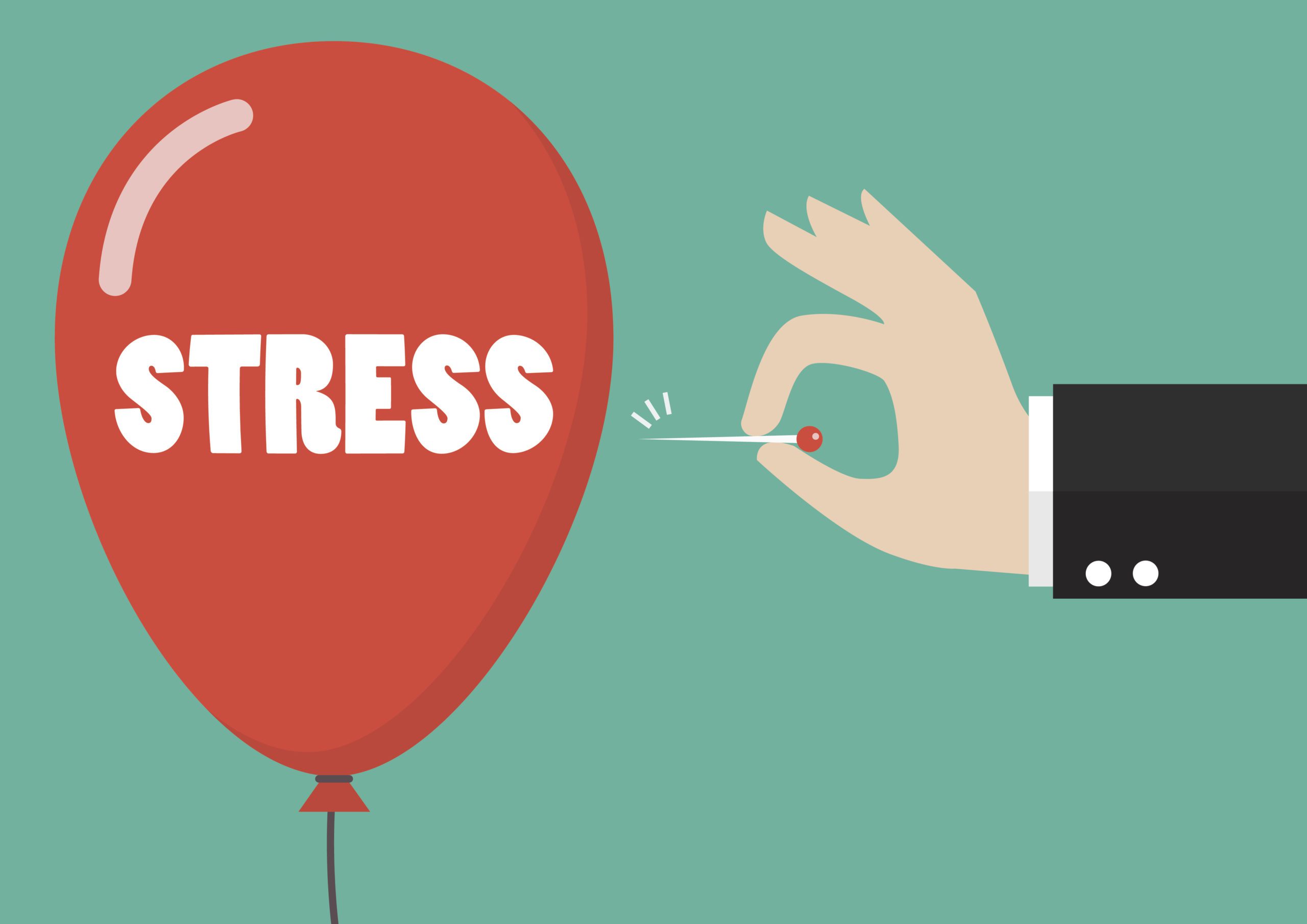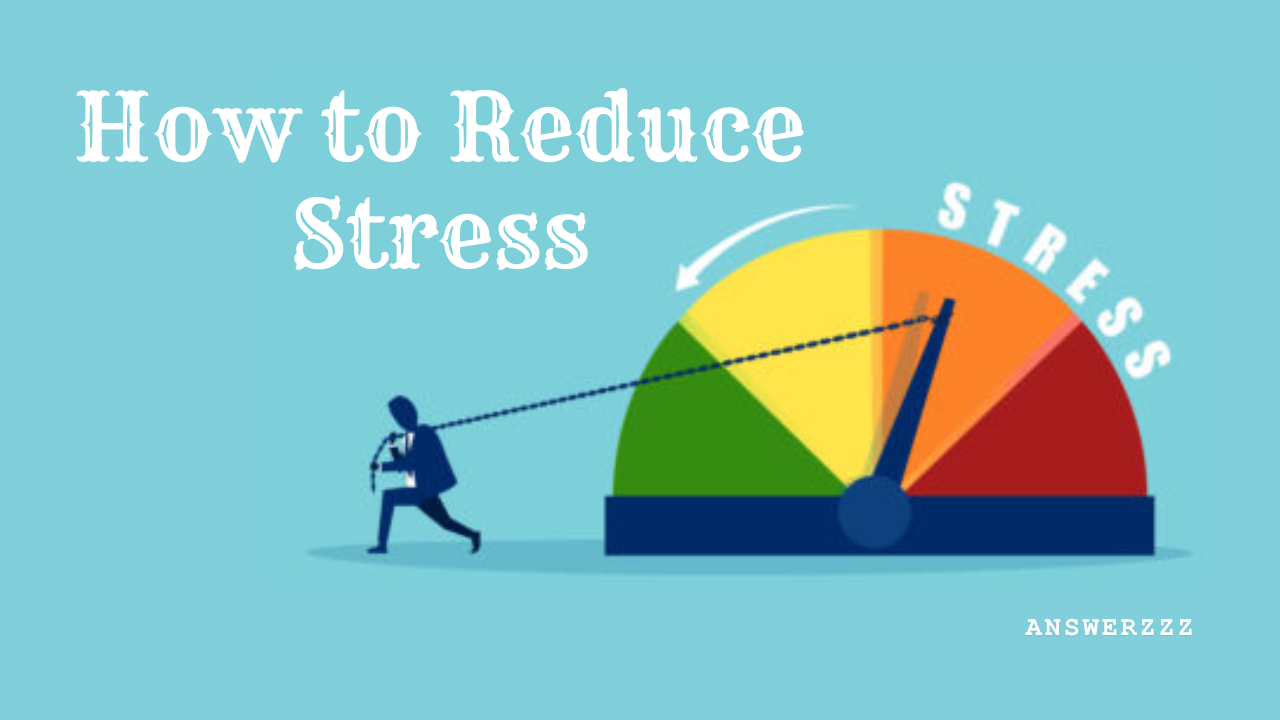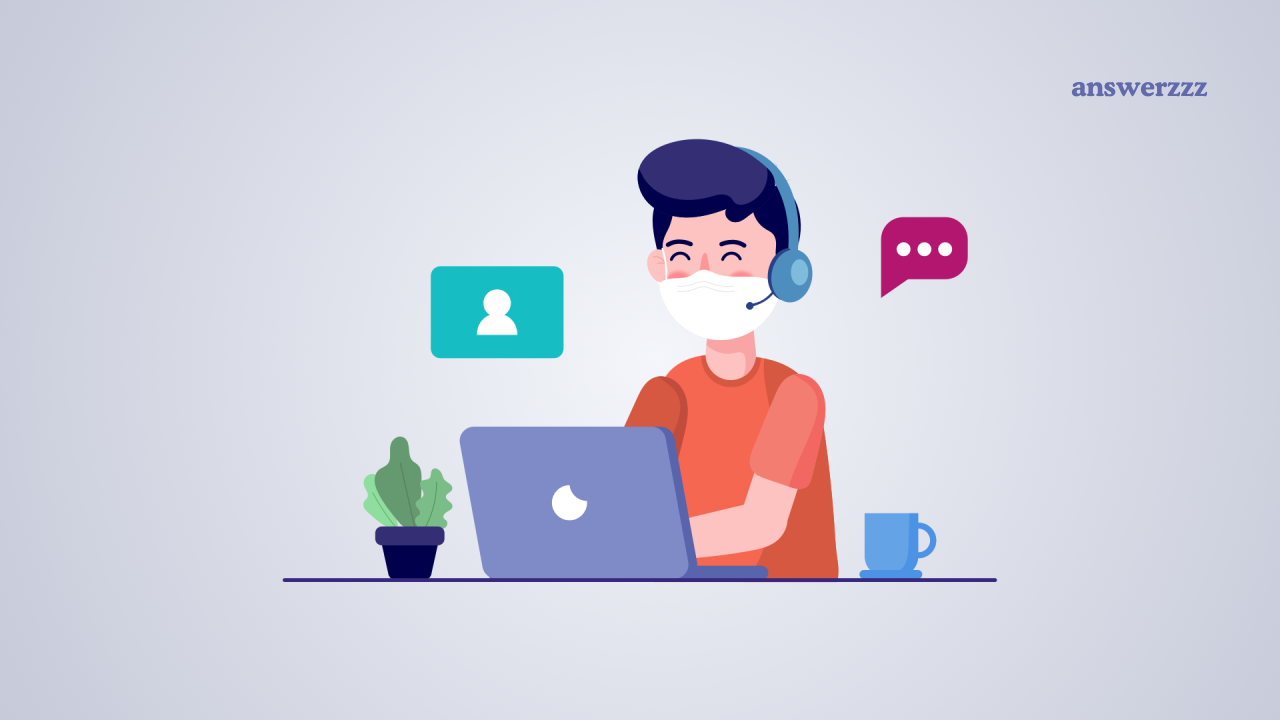Stress is an inevitable part of life. Whether it stems from work, family responsibilities, financial concerns, or unexpected challenges, the impact of stress can significantly affect our physical and mental well-being. However, managing stress effectively can lead to a calmer and more fulfilling life. In this article, we’ll explore various strategies and everyday tips to help reduce stress and enhance your overall quality of life.
Understanding Stress

Before diving into stress reduction techniques, it’s essential to understand what stress is and how it affects us. Stress is the body’s natural response to challenges or demands, triggering the “fight or flight” response. While a certain level of stress can motivate us to perform better, chronic stress can lead to health issues such as anxiety, depression, heart disease, and a weakened immune system.
The Importance of Managing Stress
Managing stress is crucial for maintaining good health and well-being. Here are some benefits of effective stress management:
- Improved Physical Health: Lowering stress levels can reduce the risk of chronic diseases, improve cardiovascular health, and enhance the immune system.
- Enhanced Mental Well-Being: Reducing stress can lead to improved mood, decreased anxiety, and better emotional resilience.
- Better Relationships: Managing stress can improve communication and interpersonal relationships, leading to healthier connections with friends, family, and coworkers.
- Increased Productivity: Less stress often translates to better focus, enhanced creativity, and greater productivity at work and home.
With these benefits in mind, let’s explore practical tips for reducing stress in your everyday life.
Everyday Tips for Reducing Stress
1. Practice Mindfulness and Meditation
Mindfulness is the practice of being present in the moment without judgment. It can help you become more aware of your thoughts and feelings, allowing you to manage stress more effectively. Here are some ways to incorporate mindfulness into your daily routine:
- Meditation: Set aside a few minutes each day for meditation. Find a quiet space, sit comfortably, and focus on your breath. If your mind wanders, gently bring your attention back to your breath.
- Mindful Breathing: Whenever you feel stressed, take a moment to focus on your breathing. Inhale deeply through your nose, hold for a few seconds, and exhale slowly through your mouth. This simple practice can help calm your mind and body.
- Body Scan: Lie down or sit comfortably and systematically focus on each part of your body, starting from your toes to the crown of your head. Notice any tension and consciously relax those areas.
2. Engage in Regular Physical Activity
Physical activity is one of the most effective ways to combat stress. Exercise releases endorphins, which are natural mood boosters. Here are some ways to incorporate movement into your daily routine:
- Find an Activity You Enjoy: Whether it’s walking, jogging, dancing, or yoga, choose activities that you enjoy to make exercise feel less like a chore.
- Take Short Breaks: If you have a sedentary job, take short breaks every hour to stretch or take a quick walk. This can help clear your mind and reduce tension.
- Join a Group or Class: Engaging in group activities can provide social support, making exercise more enjoyable and motivating.
3. Establish a Healthy Sleep Routine
Lack of sleep can significantly contribute to stress. Prioritizing sleep can help your body recover and rejuvenate. Here are tips for establishing a healthy sleep routine:
- Set a Regular Sleep Schedule: Aim to go to bed and wake up at the same time every day, even on weekends. Consistency helps regulate your body’s internal clock.
- Create a Relaxing Bedtime Routine: Wind down before bed with calming activities such as reading, taking a warm bath, or practising relaxation techniques.
- Limit Screen Time: Reduce exposure to screens at least an hour before bed. The blue light emitted by phones and computers can interfere with your ability to fall asleep.

4. Maintain a Balanced Diet
What you eat can significantly impact your stress levels. A balanced diet can help regulate your mood and energy levels. Here are some dietary tips to reduce stress:
- Eat Regularly: Skipping meals can lead to irritability and fatigue. Aim to eat balanced meals and snacks throughout the day.
- Choose Nutrient-Rich Foods: Focus on whole foods, such as fruits, vegetables, whole grains, lean proteins, and healthy fats. These can provide the nutrients your body needs to function optimally.
- Limit Caffeine and Sugar: While caffeine and sugar may provide a temporary energy boost, they can lead to crashes that increase stress levels. Limit your intake and opt for healthier alternatives like herbal tea.
5. Foster Strong Social Connections
Social support is vital for managing stress. Connecting with others can provide emotional support, reduce feelings of isolation, and enhance your sense of belonging. Here are ways to strengthen your social connections:
- Reach Out to Friends and Family: Make time to connect with loved ones regularly. Whether through phone calls, video chats, or in-person visits, staying connected can boost your mood.
- Join a Support Group: If you’re dealing with specific stressors, consider joining a support group where you can share your experiences and learn from others.
- Volunteer: Helping others can provide a sense of purpose and fulfilment, reducing stress in the process. Look for volunteer opportunities in your community that align with your interests.
6. Set Realistic Goals and Prioritize Tasks
Feeling overwhelmed can contribute to stress. Setting realistic goals and effectively prioritizing tasks can help you manage your responsibilities more efficiently. Here’s how:
- Break Tasks into Smaller Steps: Instead of focusing on an overwhelming project, break it down into smaller, manageable tasks. This approach can make it easier to tackle and complete your goals.
- Use a Planner: Keep a planner or digital calendar to organize your tasks. Prioritize your to-do list by identifying what is urgent and important.
- Learn to Say No: It’s essential to recognize your limits. Don’t hesitate to say no to additional responsibilities if you feel overwhelmed.
7. Practice Relaxation Techniques
Relaxation techniques can help calm your mind and body, making it easier to cope with stress. Here are some effective methods:
- Progressive Muscle Relaxation: This technique involves tensing and then relaxing different muscle groups. Start from your toes and work your way up to your head, focusing on releasing tension in each area.
- Visualization: Picture a peaceful scene in your mind, such as a beach or a quiet forest. Allow yourself to immerse yourself in the details of this calming environment.
- Aromatherapy: Use essential oils, such as lavender or chamomile, to promote relaxation. Diffusing oils in your home or using scented candles can create a calming atmosphere.
8. Limit Exposure to Stressors
Identifying and limiting exposure to stressors can help reduce overall stress levels. Here are some tips for managing stressors in your life:
- Create Boundaries: Set boundaries with work, social media, and toxic relationships. Make time for yourself and prioritize self-care.
- Avoid Negative Influences: Surround yourself with positive people who uplift and support you. Limit contact with those who drain your energy or contribute to your stress.
- Practice Digital Detox: Take breaks from technology and social media. Constant notifications and online negativity can increase stress. Designate specific times to disconnect from devices.

9. Seek Professional Help
If you find that stress is becoming overwhelming and difficult to manage, seeking professional help can be a beneficial step. Here’s when to consider reaching out:
- Therapy: A mental health professional can provide support and coping strategies tailored to your specific needs. Therapy can help you explore underlying issues contributing to stress.
- Counselling: If you’re facing significant life changes or challenges, counselling can offer guidance and support as you navigate these transitions.
- Stress Management Workshops: Many communities offer workshops or courses on stress management. Participating in these programs can equip you with valuable tools and techniques.
10. Cultivate a Positive Mindset
A positive mindset can significantly impact how you perceive and respond to stress. Here are some strategies for cultivating a more positive outlook:
- Practice Gratitude: Take time each day to reflect on what you’re grateful for. Keeping a gratitude journal can help shift your focus from stressors to positive aspects of your life.
- Challenge Negative Thoughts: Recognize negative thought patterns and challenge them. Replace them with positive affirmations and realistic perspectives.
- Engage in Activities You Love: Make time for hobbies and activities that bring you joy. Whether it’s painting, gardening, or playing a musical instrument, engaging in enjoyable activities can boost your mood and reduce stress.
11. Embrace Nature
Spending time in nature can have a calming effect on your mind and body. Here are ways to incorporate nature into your stress reduction strategies:
- Go for Walks: Take leisurely walks in a park or nature reserve. The sights, sounds, and smells of nature can help reduce stress and improve your mood.
- Practice Outdoor Activities: Engage in activities like hiking, biking, or gardening. These can provide physical exercise while allowing you to connect with the natural environment.
- Create a Relaxing Outdoor Space: If possible, create a relaxing outdoor area in your backyard or balcony. Surrounding yourself with plants and natural elements can promote tranquillity.
12. Incorporate Humor and Laughter
Laughter is a natural stress reliever. It can boost mood, improve perspective, and enhance overall well-being. Here are ways to incorporate humour into your life:
- Watch Comedies: Spend time watching funny movies or stand-up comedy shows that make you laugh.
- Share Jokes with Friends: Light-hearted conversations with friends can create a positive atmosphere and reduce stress.
- Engage in Playfulness: Allow yourself to be playful and spontaneous. Engaging in fun activities can lighten your mood and provide a break from stressors.
Reducing stress is essential for leading a calm and fulfilling life. By incorporating these everyday tips into your routine, you can develop effective stress management strategies that enhance your physical and mental well-being. Remember, it’s normal to experience stress, but how you respond to it can make all the difference. Prioritize self-care, seek support when needed, and embrace the journey towards a calmer, more peaceful life.




